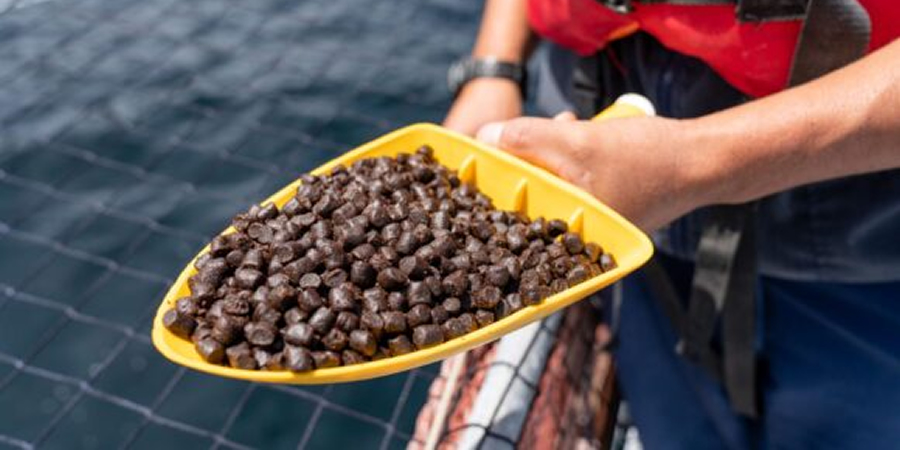March 14, 2024
Thai Union Feedmill receives first ASC Feed Standard certification in Asia

Thai Union Feedmill, a leading aquaculture and commercial animal feed manufacturer, has become the first recipient of the Aquaculture Stewardship Council (ASC) Feed Standard certificate in Asia, setting a precedent for sustainable feed production in the region, The Nation reported.
The ASC Feed Standard, a globally recognised certification highlighting a commitment to environmental sustainability and social responsibility in aquafeed production, was awarded to Thai Union Feedmill's Mahachai Plant, with the certificate valid for three years.
Peerasak Boonmechote, CEO of Thai Union Feedmill, said that securing the first ASC Feed certificate in Asia underscores their deep commitment to sustainability at the heart of their operations.
He noted that this achievement aligns with Thai Union Group's global sustainability strategy, SeaChange 2030, aiming to increase the availability of responsible feed and lead the industry towards a more sustainable future.
Addressing environmental and social impacts, the ASC Feed Standard considers the production and supply of feed for farmed fish comprehensively. Thai Union Feedmill had to adhere to strict environmental and social requirements, source ingredients responsibly, and use environmentally sustainable raw materials to meet ASC's Feed Standard.
As aquaculture plays a vital role in addressing food insecurity, Thai Union is committed to reducing its environmental impact under SeaChange 2030, aiming for all its shrimp production to minimise ecosystem impact and meet industry best practices in welfare and working conditions.
ASC CEO Chris Ninnes commended Thai Union on this milestone, highlighting their commitment to sustainability. He said that this achievement will inspire other feed mills across Asia to seek ASC Feed Standard Certification, furthering the mission of improving seafood farming practices globally.
In a collaborative effort, ASC and Thai Union announced the Aquaculture Improvement Project for shrimp in 2023, aiming to implement improvements for a total volume of 15,700 metric tonnes of shrimp by 2026.
- The Nation










